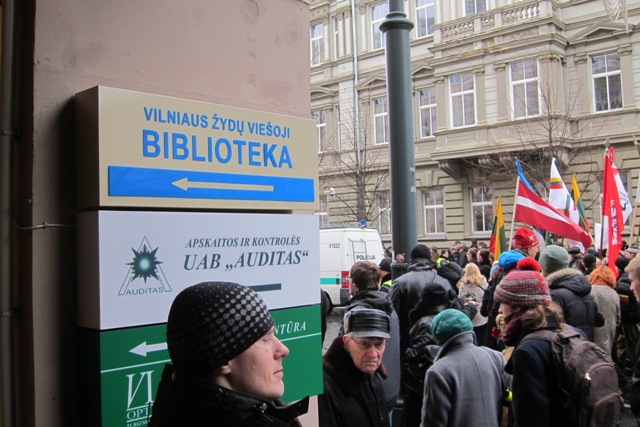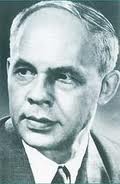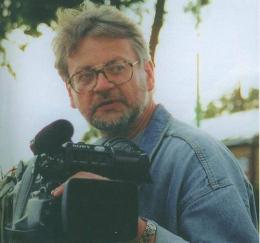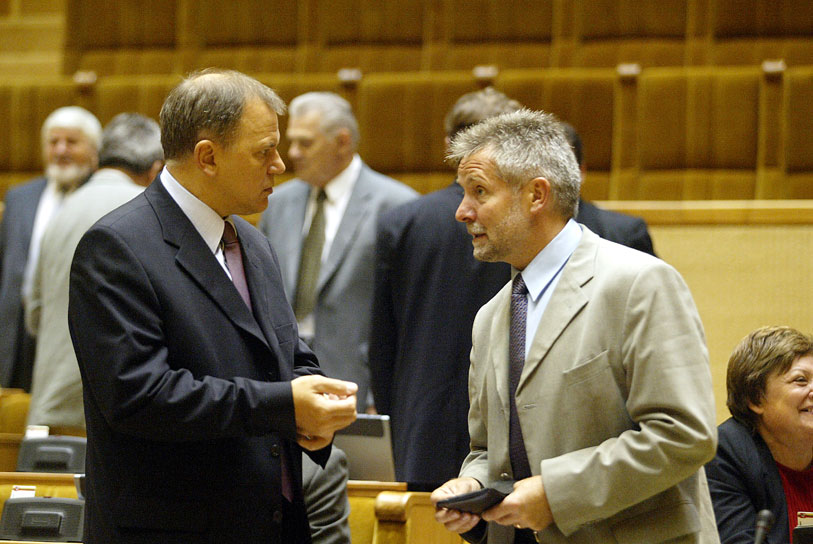O P I N I O N
A number of viewers of the new Australian documentary film Rewriting History, by Marc Radomsky and Danny Ben-Moshe, have submitted to Defending History near-identical transcripts of a statement on camera, made to the film’s producers, by the executive director of the “International Commission for the Evaluation of the Crimes of the Nazi and Soviet Occupation Regimes in Lithuania.”
Known for short as the “red-brown commission,” the state-sponsored body has long been opposed by Holocaust survivors and educators. The commission is responsible for Holocaust education in Lithuania, but has also taken an active political role in promoting the 2008 Prague Declaration and various details of alleged “equality” of Nazi and Soviet crimes. The commission’s website features the Prague Declaration in both English and Lithuanian.
The commission’s executive director, Ronaldas Račinskas, is quoted as saying on camera that his commission does not support “Double Genocide” but that he does support the 2008 Prague Declaration (though he concedes there are passages to be “discussed”). The problem is that the Prague Declaration is the primary document of the Double Genocide movement in Europe.
See also: Mr. Račinskas’s 2011 speech in the Lithuanian parliament; Critiques of his commission; 2015 Update: His call for investigations of Holocaust survivors who joined up with the anti-Nazi partisans.
Mr. Račinskas goes on to say, according to the transcripts provided of his Rewriting History interview:




